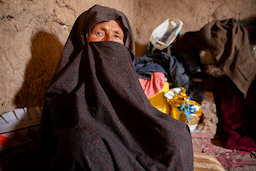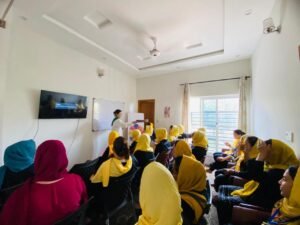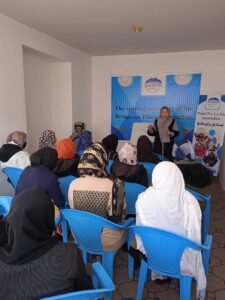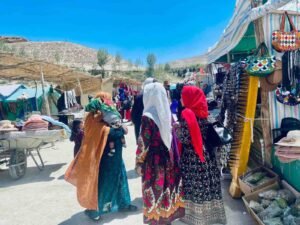In the Dark, She Built Light: Zahra Hashimi’s Virtual School for Afghan Girls
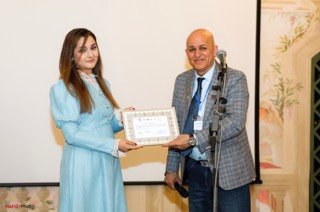
Zahra Hashimi (left), founder of Omid Online School, receiving the Best Diaspora Engagement Award from Ghousuddin Mir, Chair of AKIS, on May 23, 2025, in Vienna. Photo © AKIS
ADN
On a spring evening inside Vienna’s stately City Hall (Rathaus), applause rang out as Zahra Hashimi stepped up to receive the Best Diaspora Engagement Award from Ghousuddin Mir, President of the Afghan Cultural Association (AKIS).
It wasn’t just personal recognition—it was a collective tribute to Afghan girls defying silence, isolation, and erasure.
“I’m not here because I had a lifelong dream to start a school.”, Hashimi said before accepting the award.
“I started Omid Online School because I was tired — tired of speeches, tired of watching girls being denied the right to learn.” she said.
In calm yet unwavering tones, she described how a spontaneous idea turned into a lifeline for hundreds of girls living under Taliban rule. Initially aimed at tutoring just 50 girls in maths and offering emotional support, the project quickly grew. Over 300 students signed up almost instantly—many still attend classes daily, even without a quiet space or a phone of their own.
“These girls don’t just need school,” she said. “They need connection. They need something that tells them they still matter.”
Now in its fourth academic year, Omid Online School is completely volunteer-run. It’s sustained by Hashimi’s leadership, the dedication of diaspora-based student volunteers, and the quiet resilience of the girls logging in from Afghanistan. Even during summer breaks, students asked to keep going—so the team introduced writing workshops to ensure they wouldn’t feel abandoned.
“For them, Omid is not just an online platform. It’s a place of friendship, belonging, and hope.” she added.
Hashimi also works with the NGO Fremde werden Freunde (“Strangers Become Friends”), supporting migrants through mental health programs. Her experience in this field has shaped her educational philosophy—one that sees emotional and social support as vital as academics.
Though only around 2,000 girls have joined Omid so far, Hashimi stresses what that number truly represents: a quiet revolution. In today’s Afghanistan, where more than three million girls are barred from secondary education, every login is a bold act of resistance—and an affirmation of their right to exist, learn, and dream.
As she stood among Afghan women, activists, politicians, and supporters in Vienna, Zahra Hashimi’s message was clear: change doesn’t always start with governments or protests. Sometimes, it begins with a girl in a dark room, logging into a virtual classroom—armed only with courage and hope.

